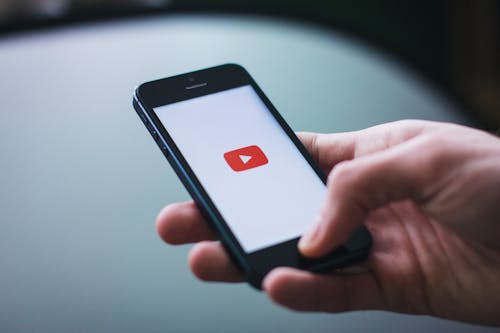Nervous System CLASS-5 SIMPLIFIED NOTES
see this complete video 👇👇👇👇
CHAPTER – 8
Our Nervous System
Subscribe our Youtube channel "Terminate learnings "
What
is Nervous System ?
·
·
The nervous system helps the body to perform
all its functions .
·
The nervous system controls every movements
of the body and the working of all the organs .
·
Controls overall the functioning of the body
like memory , speech , heartbeat , breathing ,etc ….
About Brain
Ø The brain is the soft and delicate
part of the body within the skull.
Ø The space between the brain and the
skull bones is filled with a fluid.
Ø The fluid protects the brain from
jerks.
Parts of brain
Cerebrum : the cerebrum is the largest and the uppermost part
of the brain . It helps you to think,
remember and learn. It also controls the functions of the eyes and ears, nose
and tongue .
2. Cerebellum
: the cerebellum controls movements
and maintains the balance of the body .
3 Medulla : The medulla
is the lowermost part of the brain . The
medulla regulates functions such as heartbeat, circulation of the blood and breathing.
About Spinal cord
v The spinal cord links the brain and
the other parts of the body . It begins at the medulla of the brain and extends
all along the back .
v The spinal cord is protected inside
the vertebral column that is made up of 33 bones called vertebrae.
About Nerves
ü Nerves are the thread-like
structures.
ü They present in the entire body .
ü Nerves are connected either with the
brain or the spinal cord .
ü The nerves used to transfer messages
.
Voluntary and involuntary
actions
ü
An action that is controlled by an
individual is called voluntary actions.
ü Walking,
dancing, reading, etc…..
ü
An Action that does not have any control
by an individual is called involuntary actions.
ü Example – breathing, digestion of
food , beating of heart and formation of
urine .
Reflex action
µ A quick response to a
stimulus is called a reflex action.
µ When u
touches the hot water, u feel pain. A sensory nerve in your finger senses the
pain and quickly carries the message (impulse)
to the spinal cord.
The spinal cord too acts quickly. It sends back a
message to the arm muscles to move the arm away.
This is the reflex
action .
How do sense organs work ?
I.
Eyes – Each eyes has a lens . when we look
at an object, the light passes through the lens and the image form inside the
eyes . The image is converted into a message or impulse.
II.
Ears – we hear through the eardrum
that is inside the ear which is a
thin membrane.
III.
Nose – We smell with our nose. The nerves
inside the nose pick up the smell , convert it into a message and carry it to
the brain . the brain recognises the message and
helps us know the smell.
IV.
Tongue – the tongue has taste buds, which
sense different tastes. The taste buds are connected to nerves .
V.
Skin – we feel when something touches
on the skin . the skin is richly
supplied with the nerves .It helps us to
sense pan , temperature and feel things
.


Comments
Post a Comment